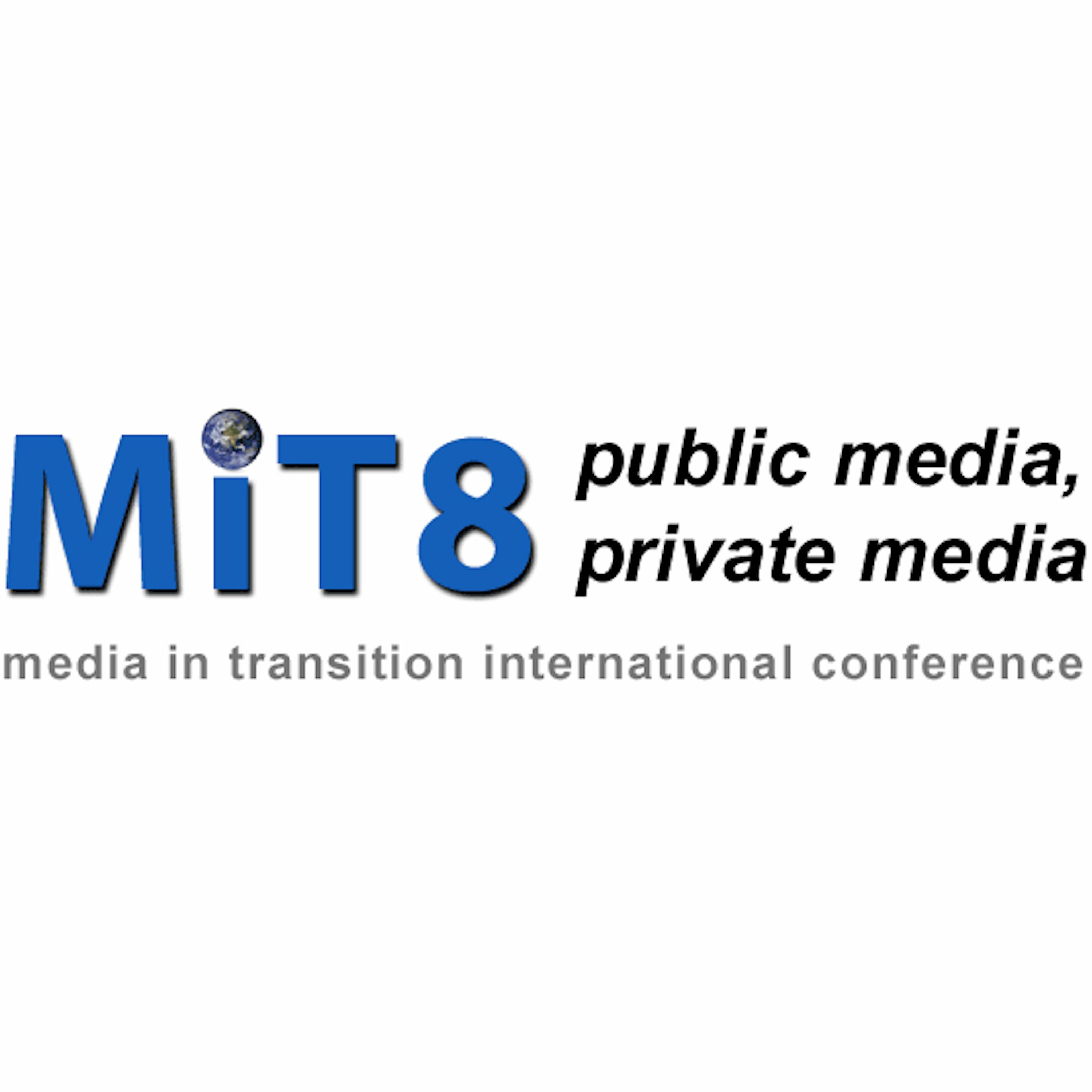Media in Transition 8: "Surveillance: Big Data and other Watchers"

It is a truth universally acknowledged that digital technologies have immensely enhanced existing means of surveillance by government and corporations and have created powerful new instruments to monitor individual behavior. Do the ramifying systems for observing and recording our routine activities fundamentally threaten our privacy and freedom, as many have argued? In an era of dating mining and smart algorithms, is our awareness that we are being monitored, converted to bits and distributed among databases, changing the way we behave as citizens and individuals? Should it do so? Or is this framing of the question too pessimistic, ignoring the fact that many of the world's data collectors are or claim to be improving our lives by expanded productivity, services tailored to individual users, advances not merely in shopping but in health, education and public safety.\n\nGoran Bolin, Sodertorn University (Sweden)\nKelly Gates, University of California, San Diego\nJose van Dijck, University of Amsterdam\nModerator: Ethan Zuckerman, MIT